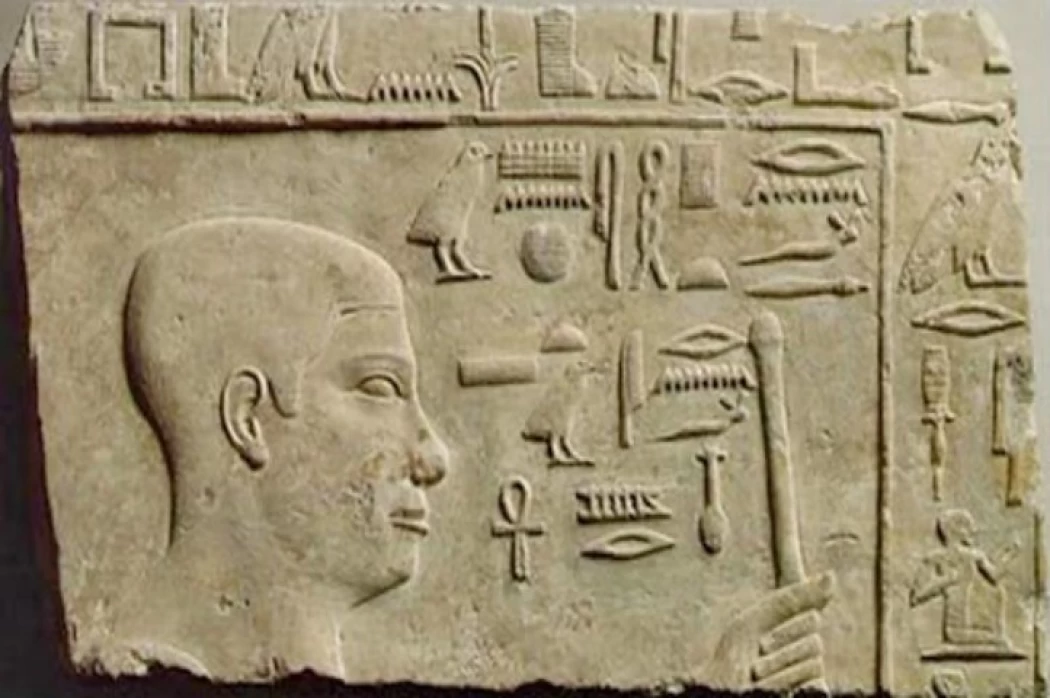
King Djedkare | 5th Dynasty of Egypt History
Information About King Djedkare
Ancient Egypt's Third, Fourth, Fifth, and Sixth Dynasties are frequently grouped together as the Old Kingdom era. Egypt's Fifth Dynasty is regarded as a component of the Old Kingdom. Although Manetho claims that these monarchs governed from Elephantine, archaeologists have discovered corroborating evidence that their palaces were still in Memphis.
According to the Ancient Egyptian online encyclopedia, the majority of the fifth dynasty rulers built sun temples, such as the Abusir solar temple built by Userkaf and expanded by Neferikare, as a result of the growth of the solar worship in Egyptian society during the fifth dynasty.
The reign of King Djedkare Isesi at the end of the Old Kingdom's 5th Dynasty was one of the enigmatic eras. After King Menkauhor's brief reign, Djedkare assumed the throne, and one of his most significant—yet puzzling—decisions was to build his pyramid complex at a brand-new location. He chose to build the king's funeral complex in south Saqqara since it lacked infrastructure and previous pyramids. The position of the pyramid, which is less than 3 kilometers directly west of the temple of Ptah at Memphis (Mit Rahina), the ancient Egyptian capital city at the time, may have played a role in Djedkare's decision.
Egyptologist Ahmed Saleh claims that Djedkare Isesi's administrative and religious reforms made him one of the most important ancient Egyptian monarchs. Several important documents from the history of Ancient Egypt, including the Saqqara Tablet, the Abydos King List, and the Turin King List, contained his name.
Renowned Egyptologist and author Zahi Hawas claims that King Djedkare was the eighth king of the fifth dynasty in ancient Egypt as recorded in the Turin Cannon. He succeeded King Menkauhor to the throne and ruled Egypt for about forty years, however some sources said his reign lasted only twenty-eight. Saleh claims that Djedkare Isesi governed Egypt for 39 years, from 2414 to 2375 B.C.














